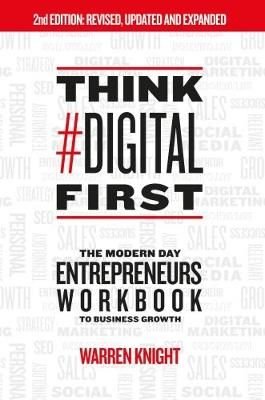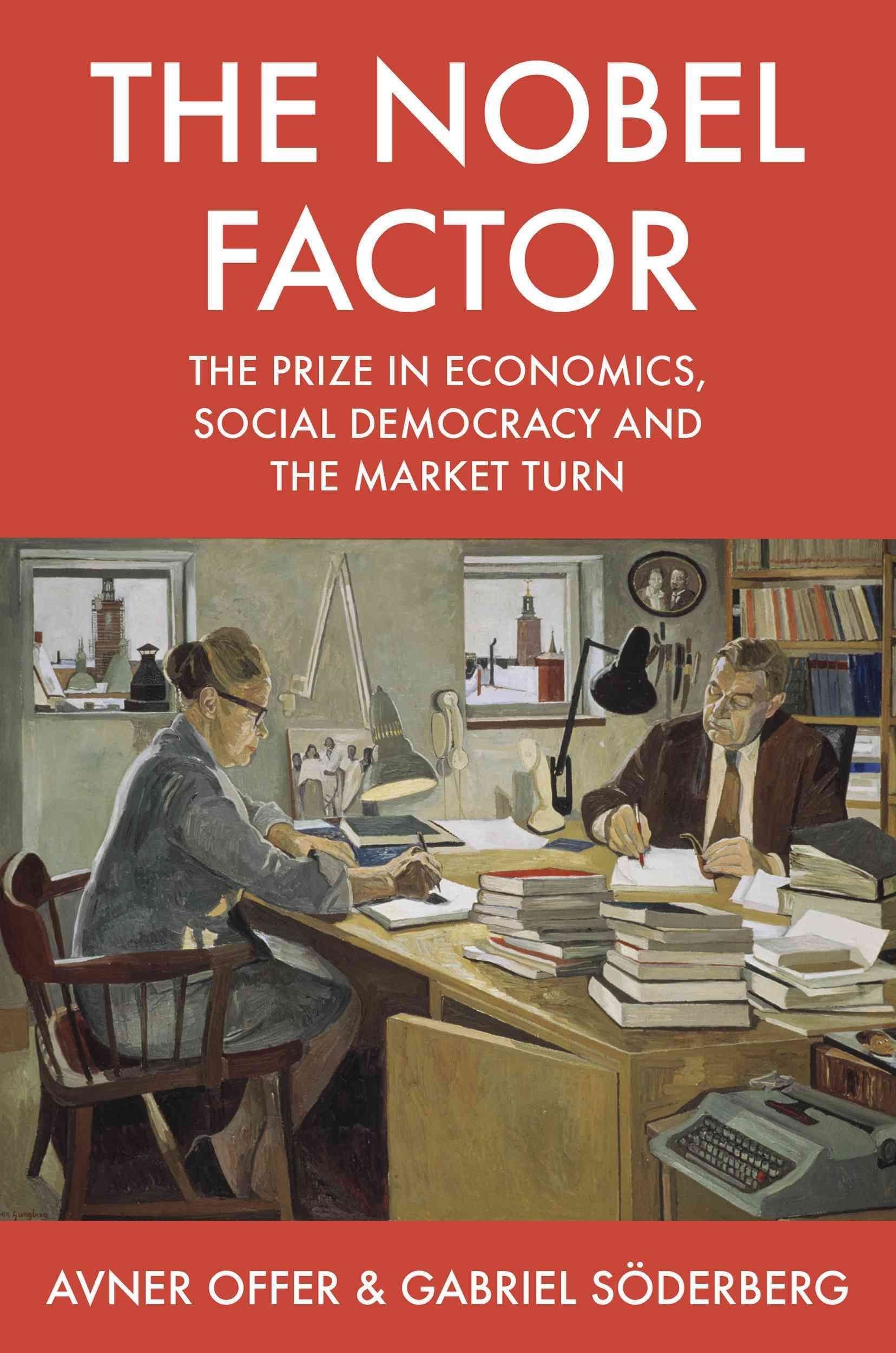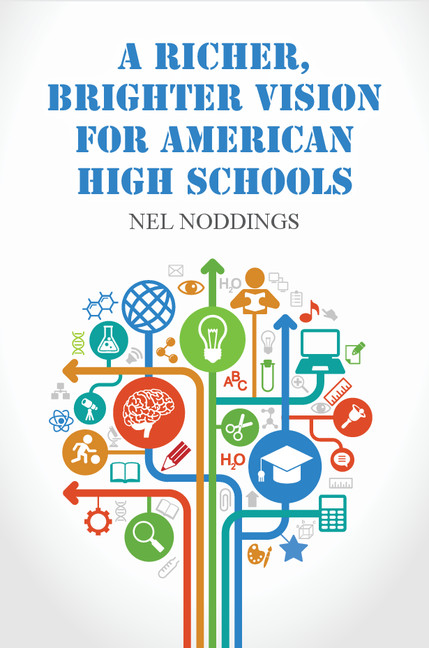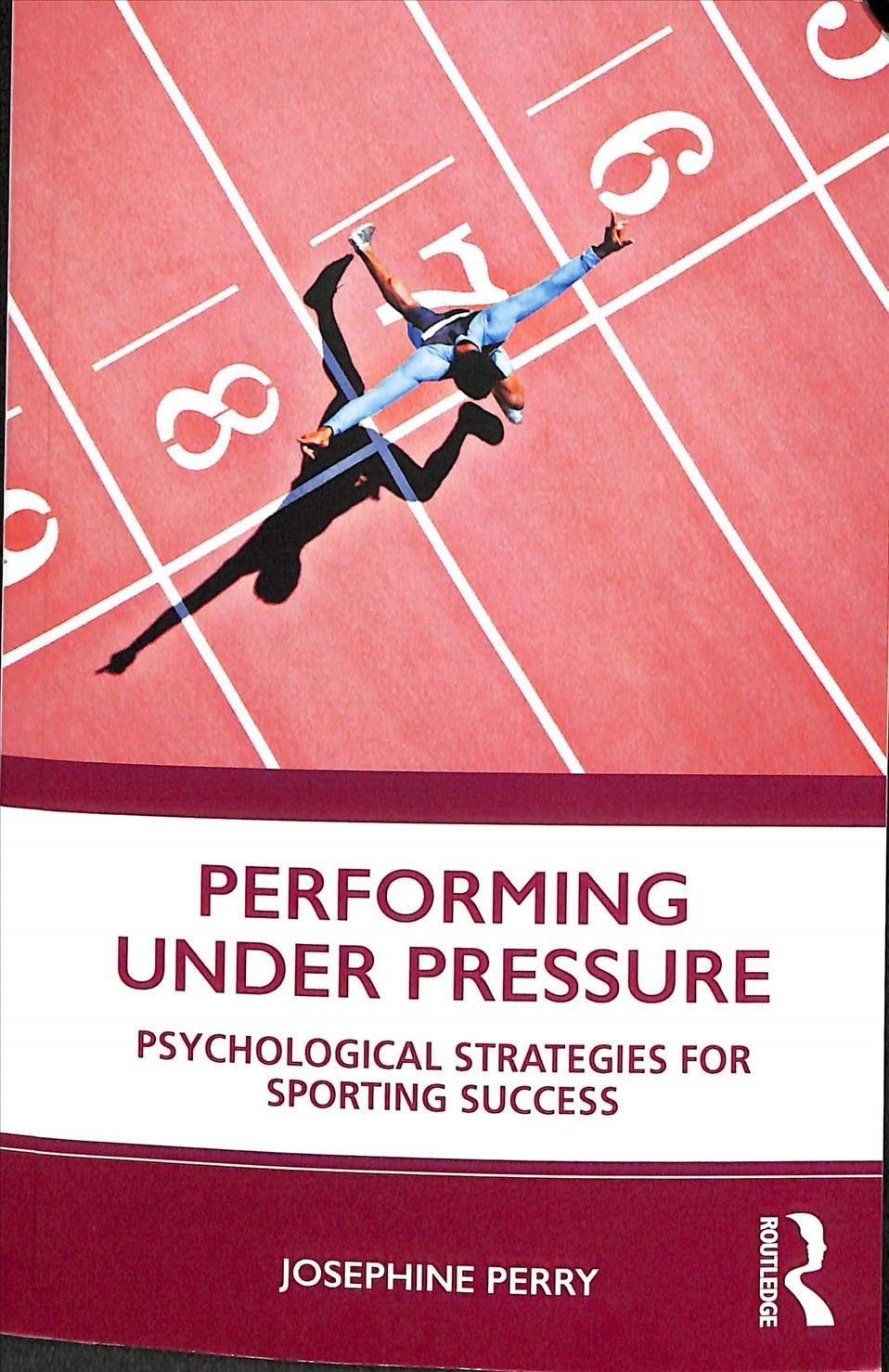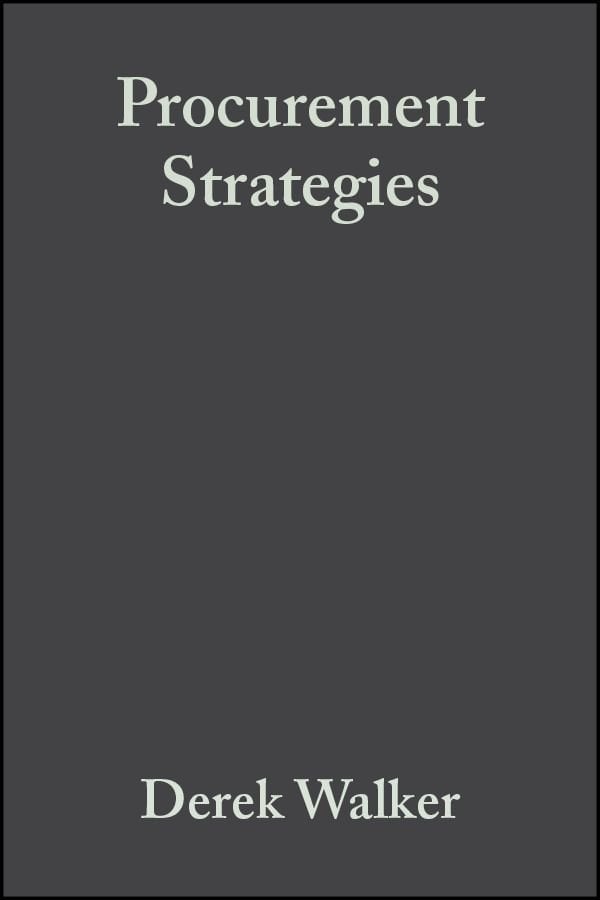This book’s title betrays at once that it belongs in the forecast literature. Peering into the future is a notoriously treacherous venture. Nevertheless, it has become a pracÂ- tice endemic to the business and government worlds as well as to academia, especially economics. We like to beÂ- lieve that the enormous growth of forecasting in the face of some disappointments reflects real needs of decisionÂ- makers (as well as the general public’s well-warranted curiosity about the future). Fashion alone could hardly explain the sustained increase in the market for forecast services during the past few decades. Some professionals insist on fine distinctions beÂ- tween the forecast, the projection, the prediction-and the prophecy. The differences are more semantic than real, as the mandatory resort to Webster confirms. The entry “forecast” includes references to prediction and prophecy without differentiation, while “projection” is defined, among other things, as prediction or “advance estimate.” We use mainly the term projections because v PREFACE vi much of our statistical research is based on forward esÂ- timates of population and households by the U.S. BuÂ- reau of the Census which the bureau itself, the greatest fountain of data in the world, records as projections.




